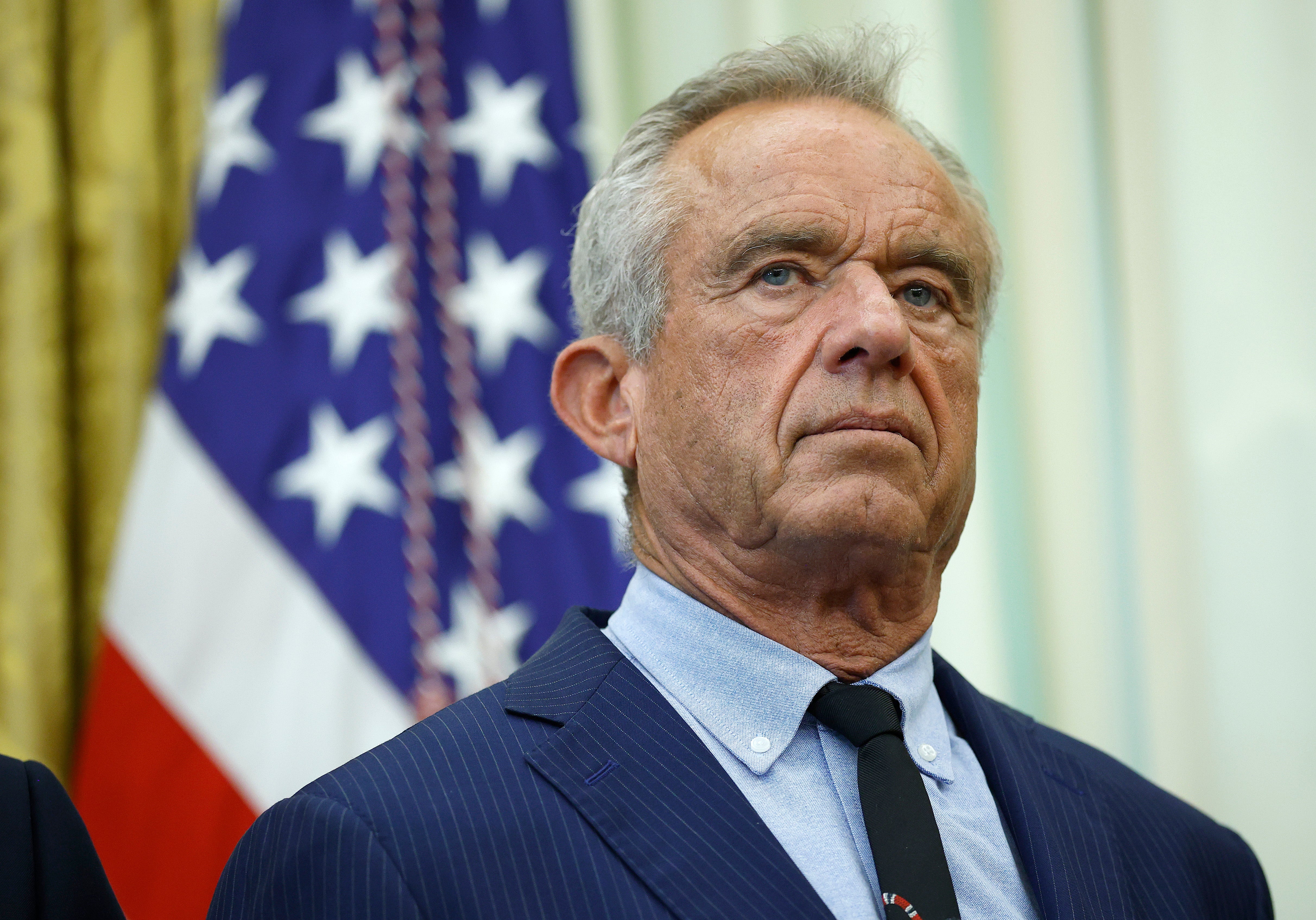For decades, the Centers for Disease Control and Prevention has long insisted there is no evidence linking vaccines and autism. But now, the nation’s leading public health agency — or at least its website — has done an about face.
After a Wednesday update, the CDC website now states there is a potential connection, a claim that lacks scientific support, according to The Washington Post.
The new guidance, which caught many in the agency off guard, reflects the views of Health and Human Services Secretary Robert F. Kennedy Jr., a longtime vaccine skeptic.
Prior to the update, the webpage stated that studies have found “no link” between developing autism and vaccines or specific ingredients in inoculations.
But now, the site states that “studies supporting a link have been ignored by health authorities.” It adds that “the claim ‘vaccines do not cause autism’ is not an evidence-based claim because studies have not ruled out the possibility that infant vaccines cause autism.”
It further notes that HHS has initiated an investigation into the root causes of autism, with a focus on “plausible biologic mechanisms.”

The sudden reversal suggests that the “CDC cannot currently be trusted as a scientific voice,” Demetre Daskalakis, the former head of the agency’s center responsible for respiratory viruses and immunizations, who resigned this summer in protest of what he described as agency politicization, told the Post. “The weaponization of the CDC voice by validating false claims on official websites confirms what we have been saying.”
A supposed link between vaccines and autism was first postulated in a 1998 article, which has since been retracted. Despite becoming popularized, this connection has been disproven by numerous studies.
Andrew Nixon, an HHS spokesman, told the Post, “We are updating the CDC’s website to reflect gold standard, evidence-based science.”
He didn’t say why the changes were made or who made them.

Kennedy, a former environmental lawyer, has spent much of his career asserting that vaccines may be responsible for autism — a condition that has become increasingly prevalent, now affecting about one in 31 children, per CDC data.
In 2005, the nephew of John F. Kennedy published an article in Rolling Stone pushing this theory. It was later deleted by the publication.
In the years since then, he has made this one of his major causes, frequently discussing the supposed perils of vaccines, including while campaigning for president in 2024.
His promotion of this unsubstantiated connection triggered concern among lawmakers — even some Republicans — during his Senate confirmation process, following his nomination to helm HHS.
Sen. Bill Cassidy, a Louisiana Republican, ultimately “set aside his misgivings” and supported Kennedy after he agreed to certain commitments. One was that the “CDC will not remove statements on their website pointing out that vaccines do not cause autism.”
Several months after taking over at HHS, Kennedy pledged to uncover the root cause of autism, which he described as an epidemic. During an October press conference with President Donald Trump, he announced a link between autism and acetaminophen, warning pregnant women not to take Tylenol despite objections from medical organizations.
The website update comes as Kennedy has found himself in a “power struggle” with FDA chief Marty Makary, who disagrees with Kennedy’s handling of vaccine policy, according to Politico.
An HHS spokesperson did not immediately respond to a request for comment from The Independent.
Olivia Nuzzi cheated on her ex with Mark Sanford, Ryan Lizza claims
Health clinics on the high street can revive flagging town centres – NHS leaders
New diet guidelines coming next month to end ‘war on saturated fats,’ RFK Jr says
JFK’s grandson to continue family legacy by running for Congress
US economy added surprising 119,000 jobs in September, months-late jobs report finds
New law says every school must display Ten Commandments. They may not stay up







